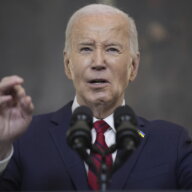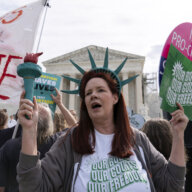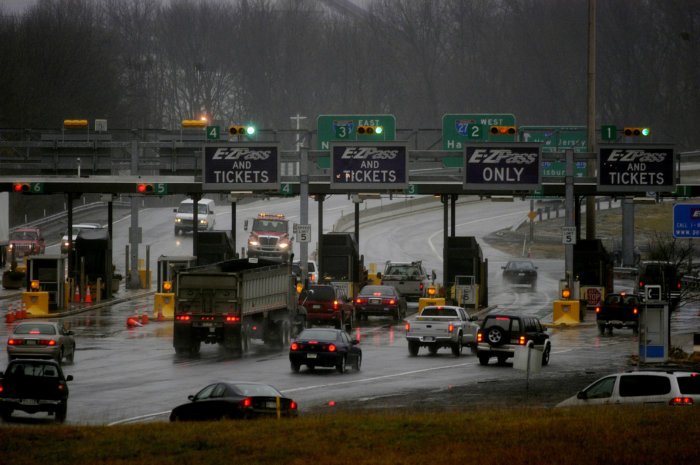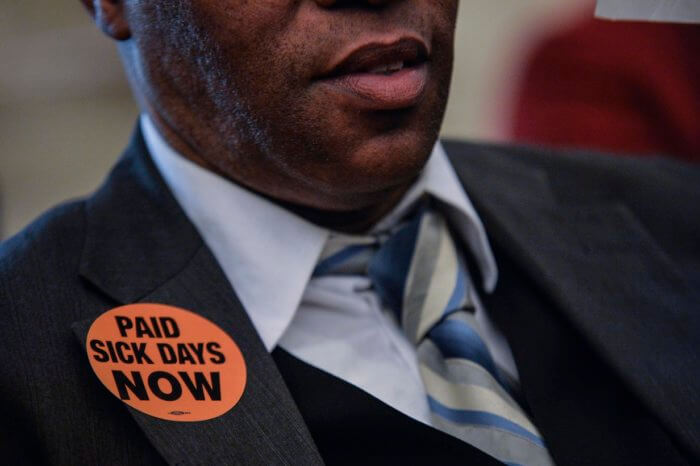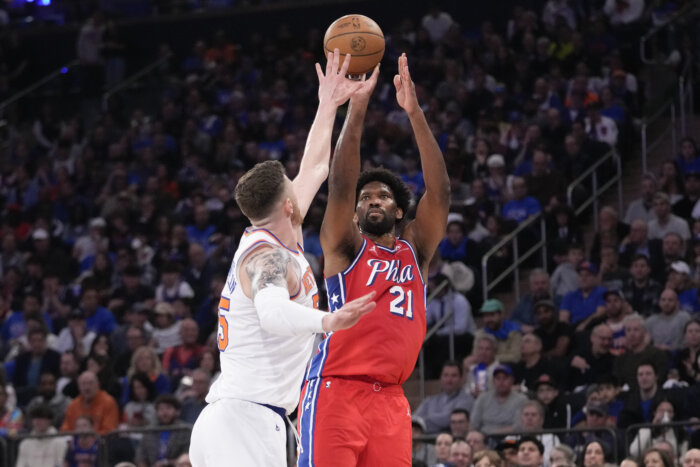Banks make billions of dollars in revenue on overdraft fees from customers who withdraw more money from their accounts than they have.
But what many people don’t know is they can opt out of overdraft fee obligations, thereby avoiding having to pay a penalty on even the smallest overdraft, according to a new report.
Overdraft fees collected by 626 big banks totaled $8.4 billion for the first three quarters of 2016, a near 4-percent increase over this time last year, according to the report by the U.S. Public Interest Research Group and The Frontier Group. Titled “Big Banks, Big Overdraft Fees,” the report found that some banks actually give bonuses to employees for signing customers up for overdraft protection.
Pennsylvania Public Interest Research Group, which is part of the larger organization, detailed the local banks that it said took advantage of customers.
Pennsylvania-based ACNB Bank collected $1.1 million in overdraft fees in the first three quarters of 2016, or $131.55 per customer, which PennPIRG said is the second-highest in the nation. (ACNB did not immediately respond to a request for comment). “Many consumers can cut their exposure to overdraft fees by opting out of ‘standard overdraft protection,’ which allows large overdrafts even on small transactions with debit cards,” said Varsha Nair, a consumer advocate with PennPIRG. “Would you rather have your card declined at a coffee shop, or spend $35 on a $3 latte?” Nair added that this information wouldn’t be available without the Consumer Financial Protection Bureau. Since the beginning of 2015, all banks with assets over $1 billion have been required to report their fee data regularly. “This is evidence that the CFPB works to make sure banks follow the law,” Nair said. But she added that she was wary about whether the information would continue to flow in the coming Trump administration. “We’re really worried about Wall Street banks attacking the agency,” Nair said.”Attacks are increasing as we see the evidence that CFPB works and stands up for consumers.”
Banks collected billions of dollars in overdraft fees nationwide in 2016: Report
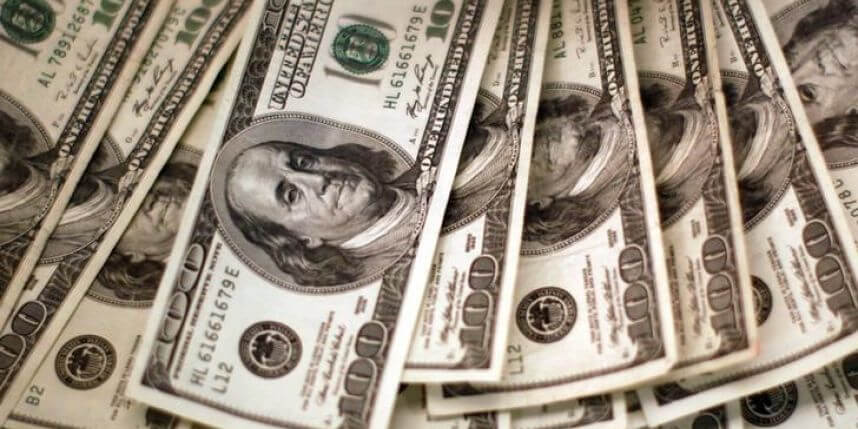
Reuters












